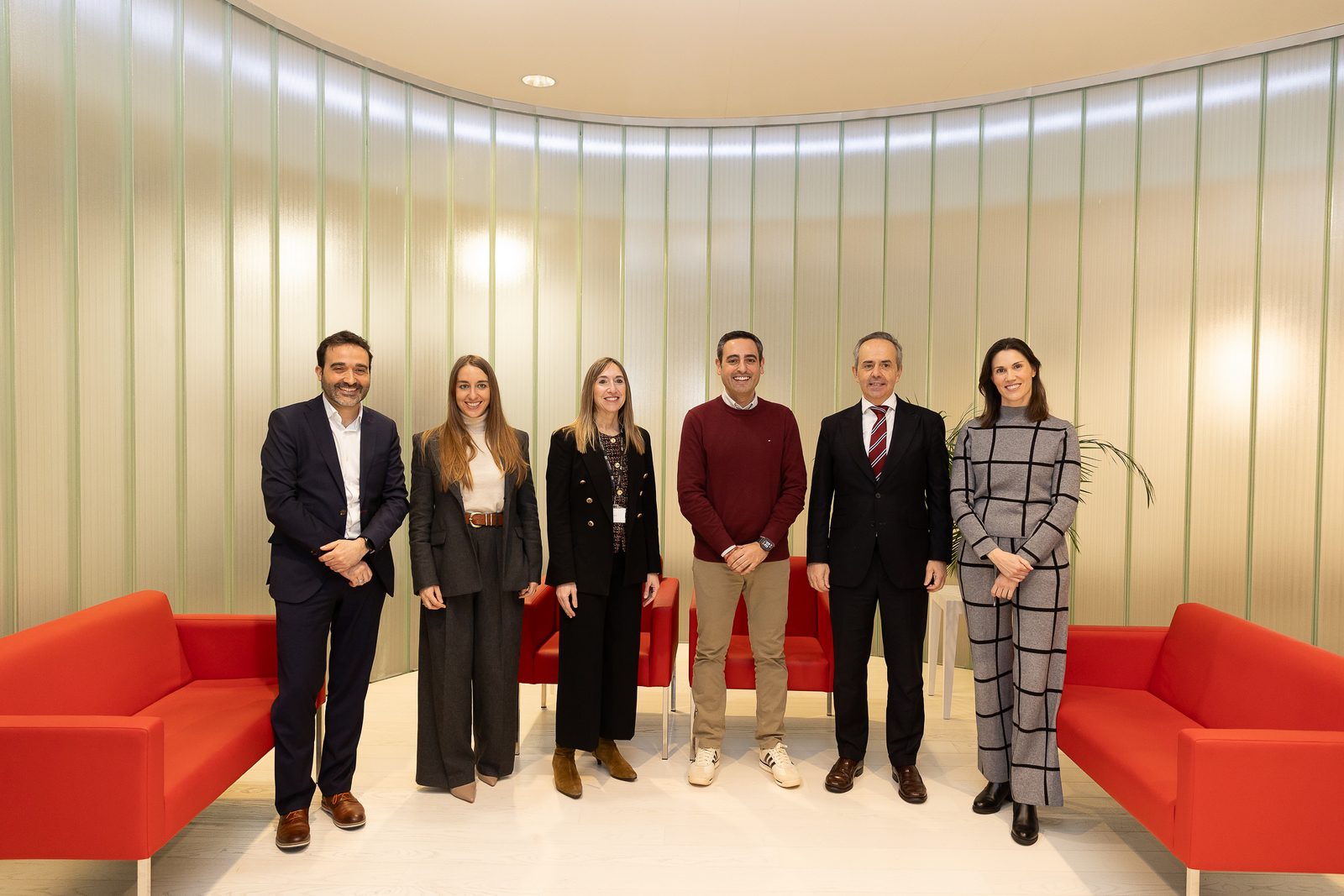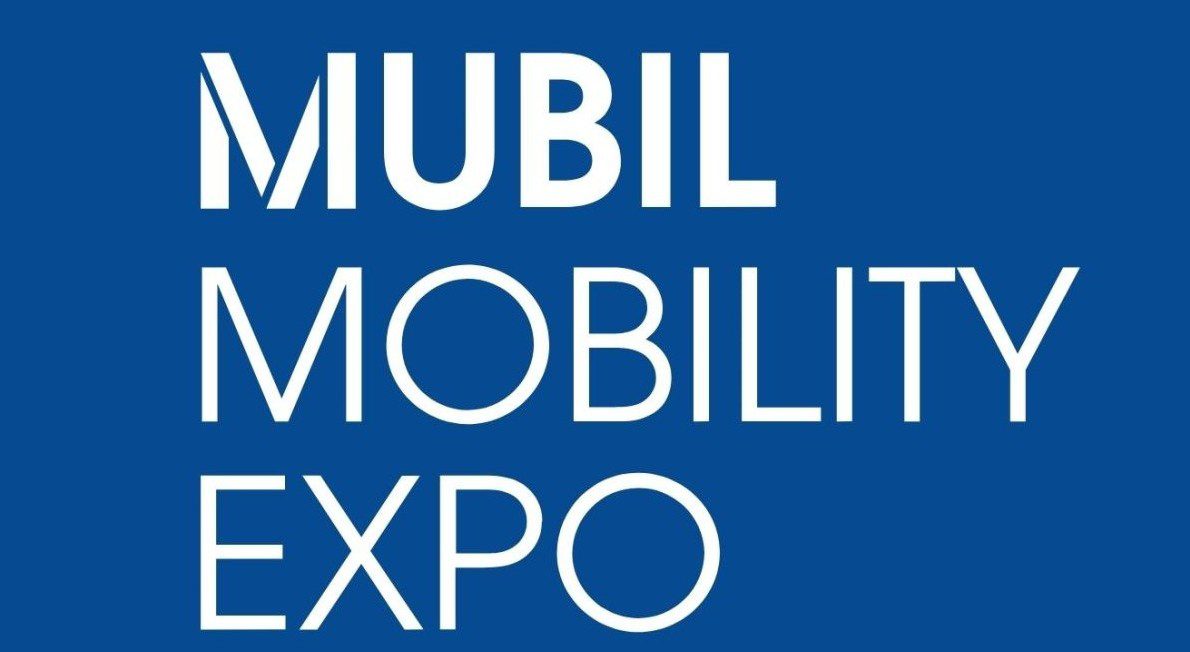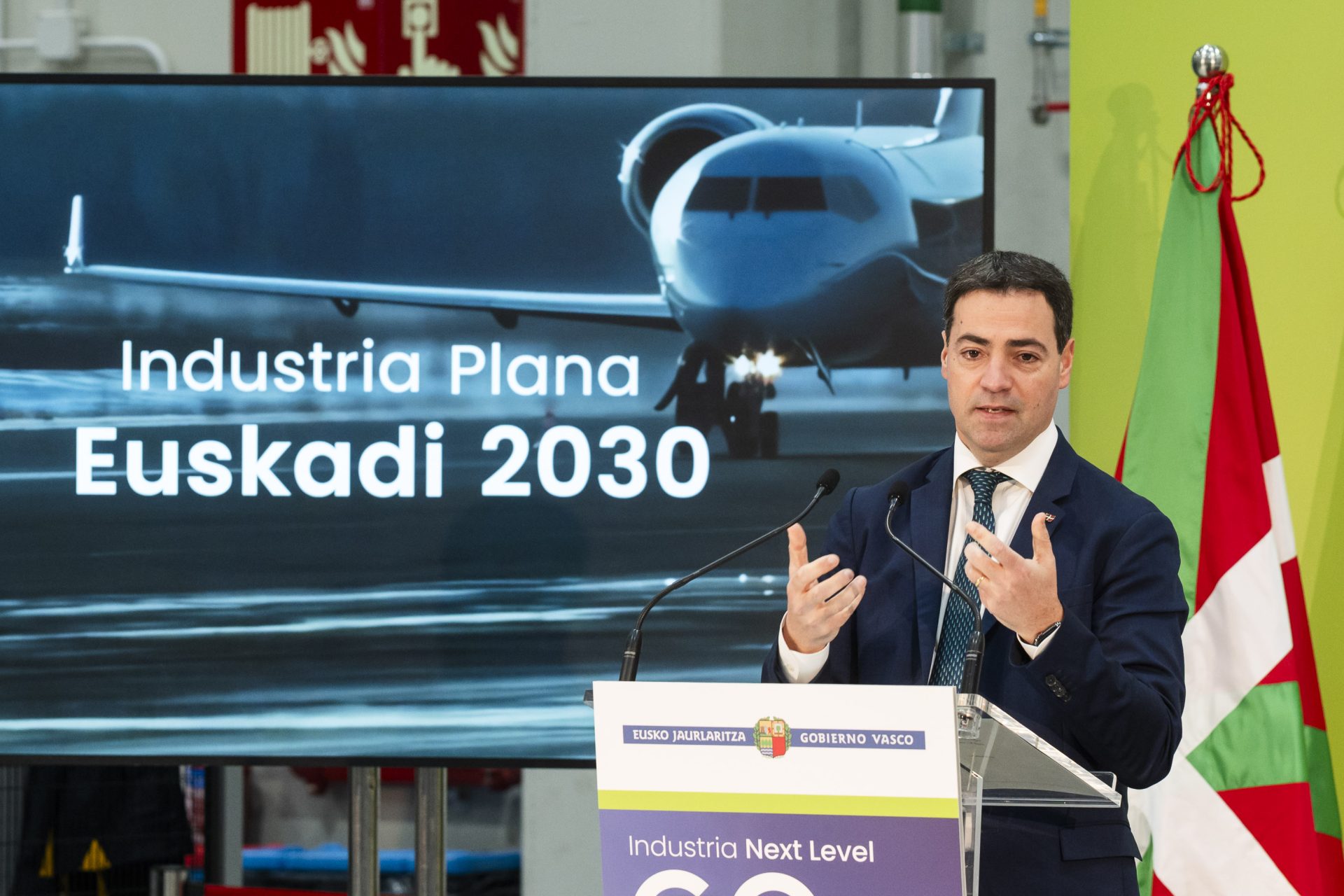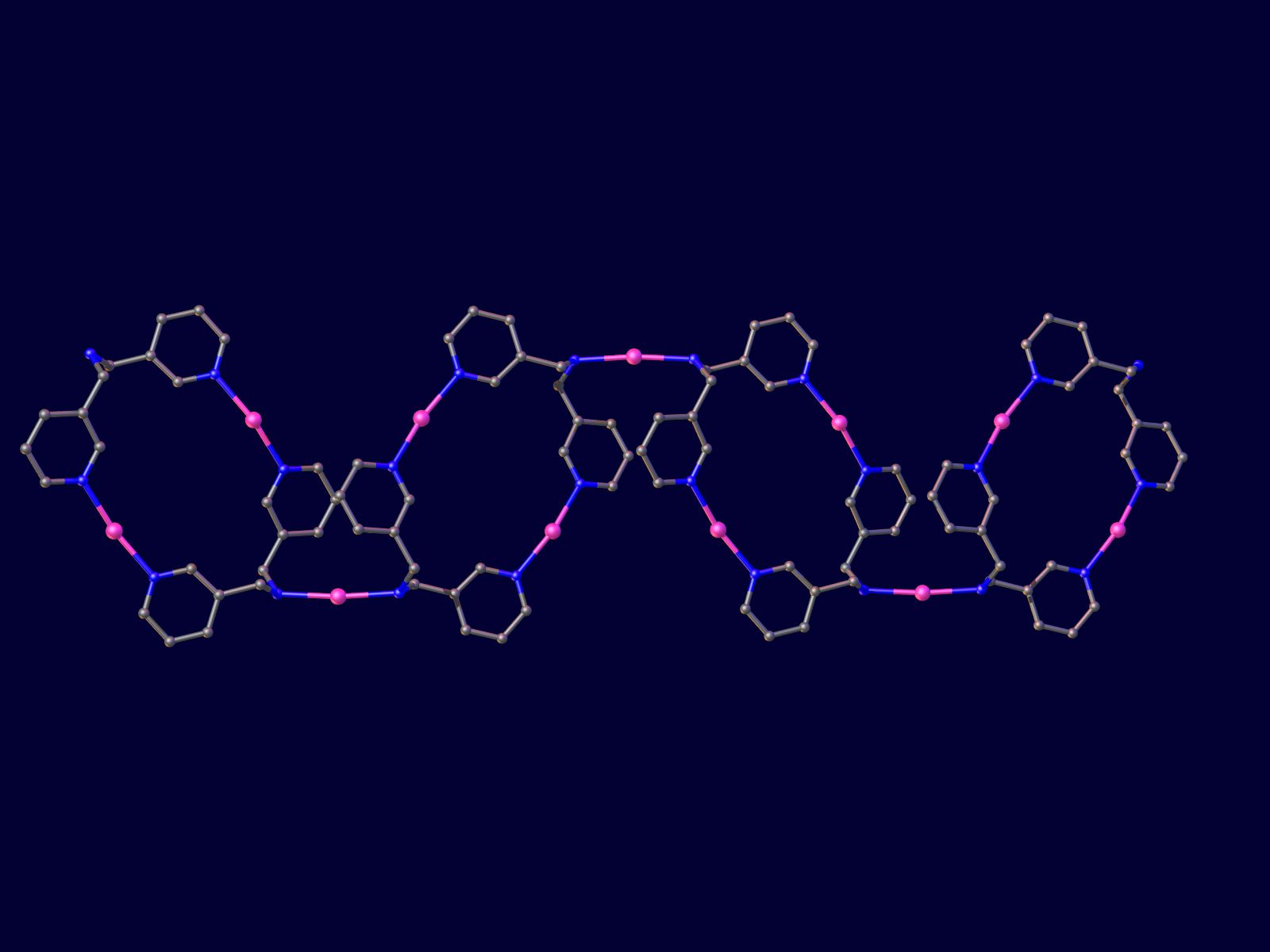CIDETEC Energy Storage participates in the Nemoship project, taking a new step forward in maritime electrification
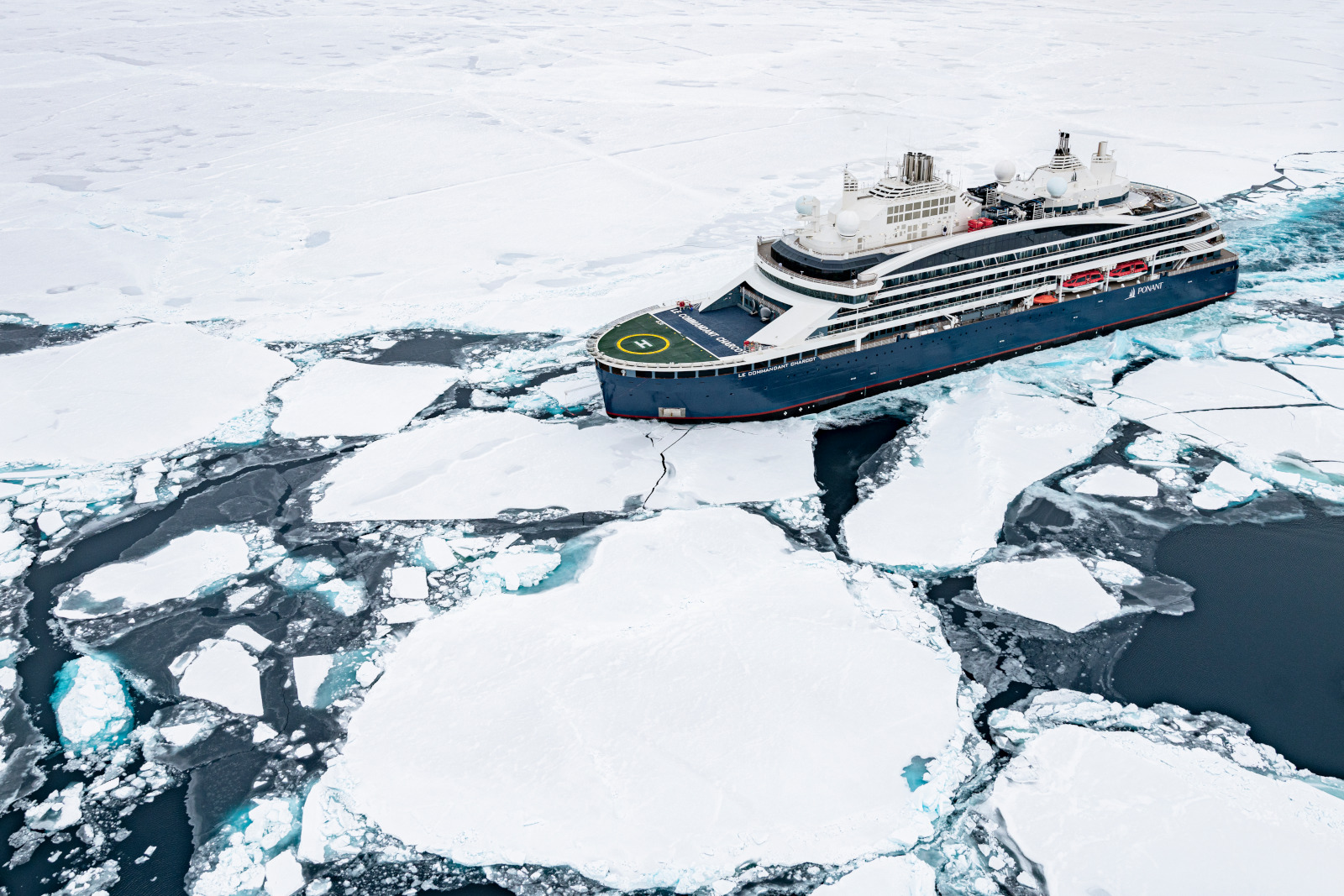
The consortium will implement new modular energy management systems that will be tested on hybrid ships and will develop their applicability on all-electric ships.
Nemoship, part of the Horizon Europe programme, began in 2023 and will have four years to complete its objectives, with a budget of over 11 million euros.
The Nemoship project, with the participation of CIDETEC Energy Storage, is aligned with the new roadmap of the European initiative for Zero Emission Waterborne Transport (ZEWT) in order to achieve the IMO (International Maritime Organization) objectives regarding the reduction of greenhouse gas emissions from shipping, which aims to develop zero emission proposals by 2030 that can be implemented by 2050.
Nemoship aims to develop, test and demonstrate new technologies, methodologies and innovative guidelines in order to optimise the electrical power of batteries for hybrid and all-electric ships. Specifically, a modular and standardised battery-based energy storage solution is developed to enable the exploitation of the heterogeneous or hybrid storage system. On the other hand, work is being carried out on a digital platform in the cloud that enables secure and optimal exploitation of the storage system based on operating data.
Within the project, CIDETEC Energy Storage is working on the testing of cells and modules from the partner Corvus Energy, a supplier of batteries for marine applications, which will be installed in a hybrid vessel in order to test the technology. The next step within the project will be to trace the applicability of these solutions on all-electric boats through semi-virtual demonstrators.
The project consortium recently held a technical meeting in Brest Métropole (France) focusing on the French cruise operator PONANT’s ship ‘Le Commandant Charcot’, coinciding with the ship’s dry-docking period. During the stay on the ship they were able to collect data that will feed the digital platform and the development of energy management algorithms, which will later be demonstrated on this same ship.
